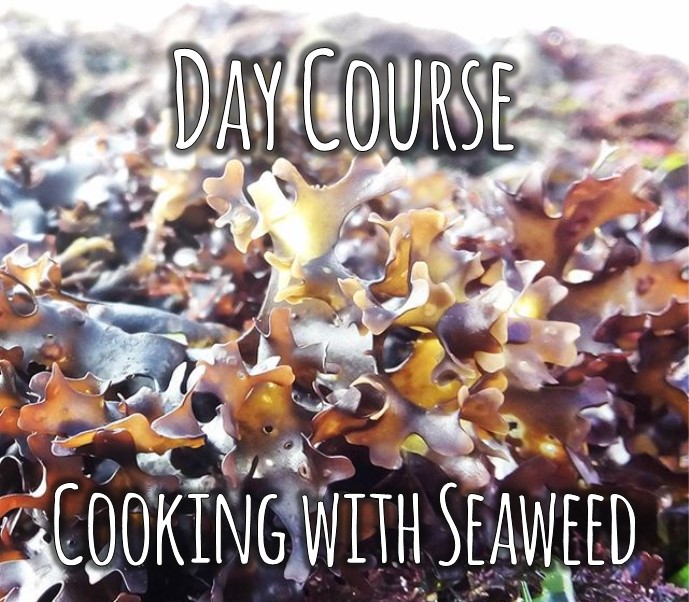We will be your guides as we take a journey through flavour and sensory stimulation with the power of native, wild-harvested seaweeds.
In this course, you will have the chance to explore the possibilities of edible seaweeds with Miles Irving, author of The Forager Handbook and lifetime experimenter in wild food. Making new flavour discoveries and trying new combinations we will explore different processes for cooking with seaweeds.
We will prepare and eat a seaweed lunch together, experimenting with our diverse selection of delicious edible algae and immersing ourselves in the world of seaweeds.
Health benefits are one of the key drivers of consuming seaweed; high in Iodine, dietary fibre, and omega-3 fatty acids; it's seen as ticking all the boxes for being considered what is commonly called a 'superfood'. Come find out how tasty they can be too...
Details: 10am - 3pm | £90 | Meeting at Forager Map
About Miles Irving
Foraging expert Miles Irving has been writing, speaking and teaching on the topic of wild food for over fifteen years. His book The Forager Handbook was published by Ebury Press in 2009 and is considered to be one of the 'must-haves' for budding and experienced foragers alike.
He is the founder and director of Forager Ltd, and the host of the WorldWild Podcast connecting foragers, foodies, and philosophers from around the world. His travels in the world of wild food and in search of further knowledge have taken him to the depths of the Brazilian Amazon and the outback with indigenous communities in Australia.
Miles has led foraging workshops at Kew Gardens, the MAD symposium (organised by NOMA in Denmark) and for many of the top restaurants across the country (Dinner by Heston, Hix group, Restaurant Flat Three to name a few). He has been featured in the BBC 4 Food Programme, The Telegraph, Guardian Food Monthly, The Financial Times, at the Biohacker Summit, and is regularly sought out for his wisdom on a wide range of current ecological issues pertaining to our place as humans in the wild and the emerging future of food production and supply.

